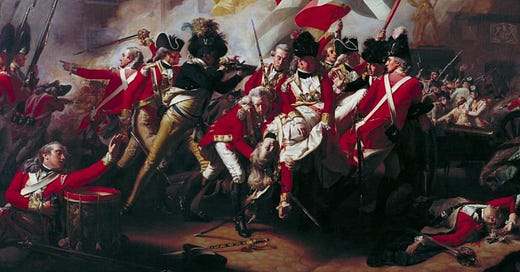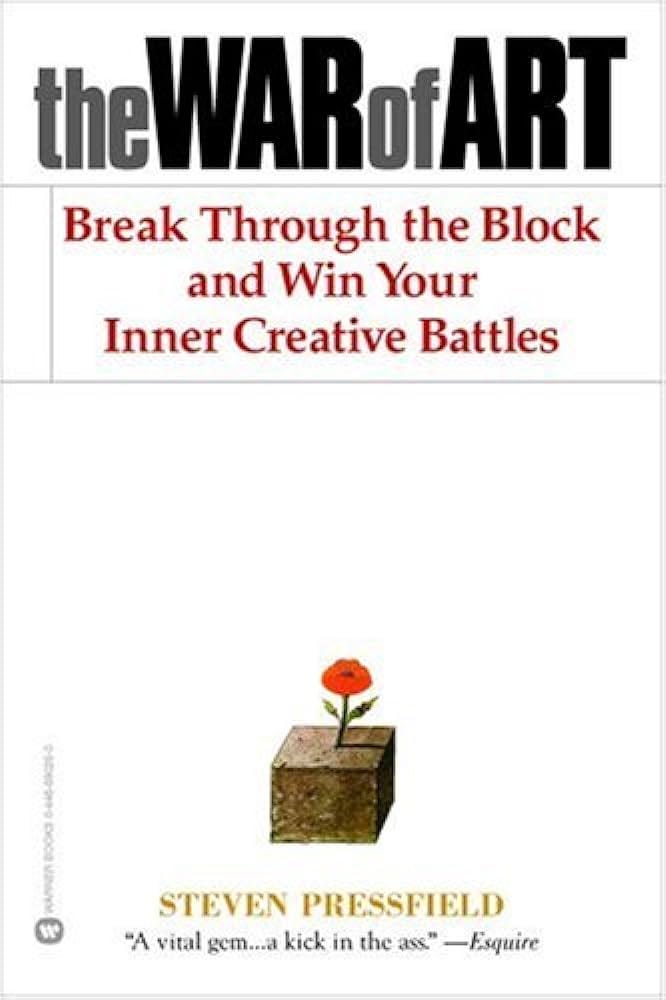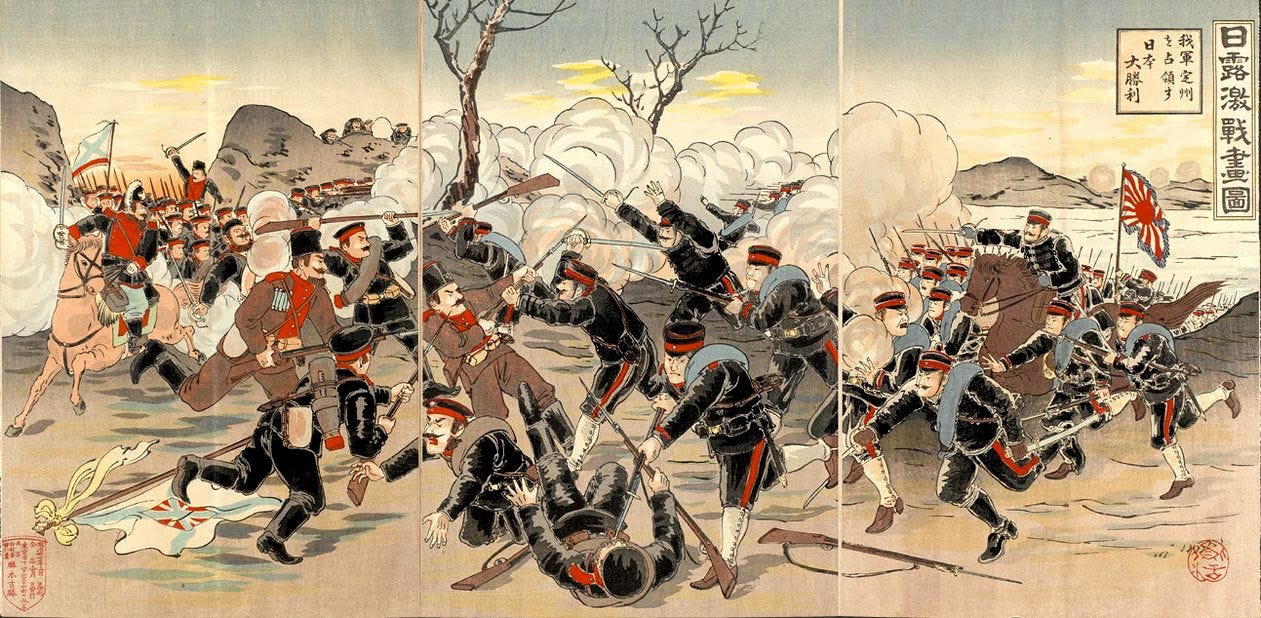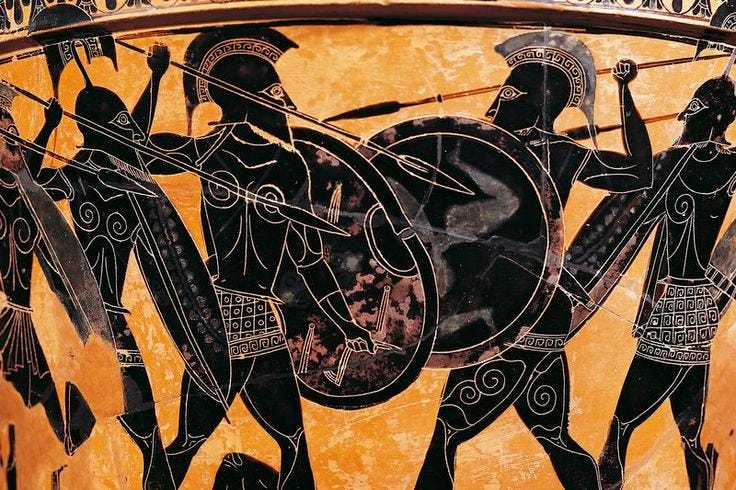I’m addicted to craft books. From nuts-and-bolts technical guides to art memoirs to woo-woo self-help books, I put ‘em on hold, order them online, read and reread them, bookmark them, teach them, and throw them against the wall. The best of them are great, and even the worst can often “turn the kaleidoscope” when I’m stuck, to quote Sara Paretsky. I’ve never read one that had nothing to say to me.
But. They all have weak spots, and when I recommend them to students struggling with specific craft problems, I often find myself reeling off caveats. All advice is 90% projection, including mine; some weird hobby horses can be demoralizing and derailing if encountered at just the wrong moment.
I’m fundamentally a pragmatist about writing advice. Use what works for you! I’m not here to make fun of anyone for liking ANY books, or for finding them useful. But I do believe it’s worth looking critically at the stuff we’ve internalized about writing over the years, to reevaluate it every so often, weigh what has merit for us and what needs reconsidering.
Plus, I just really, really, really want to dunk on The War of Art.
IMAGE: The Death of Major Peirson, 6 January 1781 by John Singleton Copley, 1783
Stephen Pressfield’s The War of Art was first published in early 2002, when jeans were low and American jingoism was high. The book, which offers a kind of tough-love approach to creative practice (with a sneaky dose of woo-woo), has nearly 100,000 ratings on Goodreads; I don’t know if it’s technically a bestseller, but I also don’t know anyone who reads craft books and doesn’t know about it. And to further legitimize it, Robert McKee, of Story fame, wrote the intro.At the very top of Pressfield’s website, next to a picture of Oprah interviewing him, is the book’s origin story:
Friends used to come to me all the time and say, “I know I’ve got a book in me.”
So I would try to help them. We’d sit up till two in the morning with me explaining the concept of Resistance and psyching my friends up to overcome their self-doubt, their vanity, their fear, their self-sabotage. I did this on about ten different occasions.
Of course, nobody ever wrote their book.
So, Pressfield thought long and hard about what wasn’t working for the recipients of this advice and fixed it to be more useful.
Just kidding! He doubled down:
I said to myself, Steve, why don’t you just write this stuff out in book form. Then when somebody tells you that they know they can be a writer and they want your advice, you can just hand them the book and say, “Here, read this.”
This story delights me so much. It is a bold choice to make your failure to help people into your entire brand! And Pressfield, who was at different times a Marine and a Hollywood screenwriter, is nothing if not bold.
On to the fun part!
*
Let’s start with the good: that title slaps. It is so freaking clever. I applaud both its beauty and its balls. As well as being a dynamite riff on Sun Tzu’s The Art of War, borrowing that book’s katana-on-the-wall vibes of macho-yet-civilized Orientalism, it says what it means and it is what it says. You know exactly what you’re getting, right up front. In terms of clarity and elegance, that title beats Save the Cat! with a stick—or, as ancient-Greece-loving Pressfield would prefer, a dory.*
Another thing that slaps: it takes about fifteen minutes to read in full. I love a short book and this is the shortest. Not only do you know what you’re getting, but you get it in a hurry. Bravo!
I am sorry to say I do not have attribution for this image. I lazily stole it from a LitHub article and would welcome help identifying it.
Now for the bad.
The War of Art is a series of microessays on the topic of Resistance, which is what Pressfield names the force within us that keeps us from trying to achieve our creative dreams, both on a daily basis and over the course of our lives. I think we all understand what he means by this—it’s being used in the normal way, just capitalized. We’ve all been scared to try something, or faced internal blocks to achieving our goals.
Where this book drives me up a wall is in its repeated insistence, on page after page after page, that Resistance—internal resistance—is the ONLY thing that keeps us from achieving our goals.
Resistance is the most toxic force on the planet. It is the root of more unhappiness than poverty, disease, and erectile dysfunction.
Bold! I could maybe be persuaded that it’s worse than erectile dysfuntion; not sure about poverty and disease. But that’s not all—it’s not only worse than these things—it causes these things! Here is an incomplete list of things of things Stephen Pressfield blames on us not “[doing] that thing that our hearts, our inner genius, is calling us to”:
tumors
neuroses
painkiller abuse
gossip
compulsive cell phone use
domestic abuse (!!)
addiction
obesity (???)
migraine headaches
road rage
dandruff
And most of alll…….drumroll please….
the MOTHERFUCKING HOLOCAUST
I am not making this up, though it’s hard to locate the exact page number, because this book does not have page numbers. Page numbers are for pussies!
Leaving aside the fact that the book’s guiding metaphor is war—and again, I want to stress that this book came out in 2002, at the height of anti-Islamic fervor and American exceptionalism, when people who dared to suggest we maybe don’t charge into a bunch of countries and kill a bunch of civilians on a supposed revenge mission that was actually about loot and plunder lost their jobs and reputations—but, like, okay! Leaving all that aside! There’s still a lot of deeply weird shit that comes out of the central tenet that the only thing keeping you back is a force within you that you can conquer if you think hard enough about ancient Greece.**
Examples of the kind of weird shit I’m talking about:
The awakening artist must be ruthless, not only with herself but with others. Once you make your break, you can’t turn around for your buddy who catches his trousers on the barbed wire.
The working artist banishes from her world all sources of trouble.
Bye bye, pandemic! See you never, climate change! Special needs child, you are hereby banished. (All children, actually. Newborn, feed thyself! Also, the elderly. Too much trouble!) Abuse and violence, chronic pain, generational poverty, and, it goes without saying, racism: You and the cancer are all just manifestations of my Resistance. We don’t believe in these things!
Attention Deficit Disorder. Seasonal Affective Disorder. Social Anxiety Disorder. These aren’t diseases, they’re marketing ploys.
Cool! He goes on to note that “Doctors say seventy to eighty percent of their job is non-health-related.” I don’t know which doctors he means, but maybe they mean administrative work? Citation needed.
Sometimes the hardest part of a medical job is keeping a straight face.
Did not know this guy was also an MD—wow he has really overcome his Resistance!!!!
More statements that made my eyes pop:
Sometimes resistance takes the shape of sex, or an obsessive preoccupation with sex.
……Something we can all relate to, that is not suspiciously narrow and specific to the author and thus definitely merits an entire section.
A victim act is a form of passive aggression.
Am I right ladies????
Seeking support from friends and family is like having your people gathered around at your deathbed.
Two things that are TERRIBLE and COUNTERPRODUCTIVE TO ART.
I joke with my kids beside the fire. They’re happy; the old man has brought home the bacon. The old lady’s happy; she’s cooking it up. I’m happy; I’ve earned my keep on the planet, at least for this day.
I have never been more happy for all of you!!!
What’s particularly insidious about the rationalizations that Resistance presents to us is that a lot of them are true. They’re legitimate. Our wife may really be in her eighth month of pregnancy; she may in truth need us home….all this means diddly. Tolstoy had thirteen kids and wrote War and Peace.
Tolstoy: a true family man who insisted his wife deliver their 13 babies without anesthesia, breastfeed them all, and raise them with no help. Sorry, pregnant wife. Hope you didn’t have a novel in you! If so, please be informed that is your own fault you have not completed it. Now take those shoes off and go back to the kitchen, I’m busy.
…Lance Armstrong had cancer and won the Tour de France three years and counting.
Resistance can also take the form of some stupid rule about performance-enhancing drugs.
Well, hindsight is 20/20. Nevertheless, it’s no surprise that the pantheon of art heroes Pressfield names in the book are overwhelmingly dudes, and mostly pretty dudely: John Ford, Bob Dylan, John Lennon, Jack Palance, Alan Ladd, Henry Fonda, Tiger Woods, William Blake, and (perhaps to balance out the Blake) Arnold Schwarzenegger. Madonna makes an appearance in the Professionalism section; we are sternly told that she does not wear her “come-fuck-me bras” around the house (citation very much needed), because I guess that wouldn’t be Professional? Eyes up here, Pressfield!
Unsurprisingly, the crux of Pressfield’s worldview contains of my least favorite messages about art:
The Marine Corps teaches you how to be miserable. This is invaluable for an artist.
I don’t believe being miserable ever helped anyone be an artist, even if the coping skills they acquire to survive do probably come in handy from time to time. Gving this idea the most credit I can possibly give it, it seems obvious to me that misery has killed as many artistic careers as it has enabled, and probably many more. Our belief that the artist must suffer is classic survivorship bias. It’s just as possible—and a great deal more intuitive—to conclude that artists create in spite of their misery, not because of it. Correlation does not equal causation.
But this is all blither-blather we’ve heard before in other forms. Where it gets dangerous and toxic is when Pressfield dabbles in good old New Thought ideas about cancer. Not sure why the Big C holds such a special place of honor in the victim-blaming repertoire for so many authors, but if I had to guess, it’s because we don’t understand enough about it, and it’s mysterious and scary and gets so many of our friends and loved ones. My husband had cancer. An old professor of his recently died of it, tragically young, after devoting his lifetime to living and breathing his artistic passion for Shakespeare. Cancer is not a personal failing, folks. But…..maybe we could cure it by overcoming our resistance? Someone has to ask the tough questions:
Could our unlived lives have exacted their vengeance upon us in the form of cancer? And if they did, could we cure ourselves now, by living those lives out?
Hiding behind question marks: bold!
*
Believe it or not, I’m not trying to persuade you to collect all the copies you can find of The War of Art and have a bonfire. (We’re heading into drought season, after all.) There are actually parts of this book I like. In the second half there’s some practical advice: Pressfield exhorts writers to take their work seriously as a kind of second job, and treat colleagues and industry types with respect. And there is one concept I like, toward the end of the book, in which he urges writers to avoid thinking about art as a hierarchy of creators. Instead, we should think of it as a territory or domain. Surprisingly, he doesn’t harp on picking up your dory* to defend it, but on dwelling in it, tending it, and drawing sustenance from it. This part of the book is short but lovely, and seems distinctly at odds with his warlike message. I don’t even have the heart to extrapolate some sort of colonialist worldview from it, because it’s just nice to imagine Pressfield caring for anything in a gentle way.
Look, what keeps you writing is what you should use. If it helps to have someone shout at you and make fun of your struggles, this book might be really useful to you. I would urge you, though, to metabolize those messages carefully and make sure you’re not using them to bludgeon yourself or others in an abusive or toxic way. Perhaps the drill sergeants and authority figures who shouted this stuff do not have your best interests at heart. And maybe for balance, check in with the more optimistic and forgiving woo-woo classic, The Artist’s Way. Plenty to dunk on there, too! I’ll get to it someday! In the meantime, happy reading, happy writing, and don’t take any wooden nickels.
*A dory = a Spartan spear.
**“The ancient Spartans schooled themselves to regard the enemy, any enemy, as nameless, faceless.” Nothing worrisome detected here! Carry on, 2002!








Jfc.
I have mixed feelings about craft books, but this one makes me rethink everything! I thought I my spectrum was “extremely helpful/insightful/useful to extremely harmful to the creative mind/stifling/shit”. Now I see it ends with “extremely harmful to mental health/vitriol/a bunch of strange and horrifying lies in guise of a book about creativity”.
What a world.
Loved this write up, though.
“Hiding behind question marks: bold!” is my favorite. A certain man exiled from his home news channel who has a gummy, punchable face came to the forefront, and I laughed really hard. Truly love your snark so much🧡
Ha! Needed a good hate-laugh today.